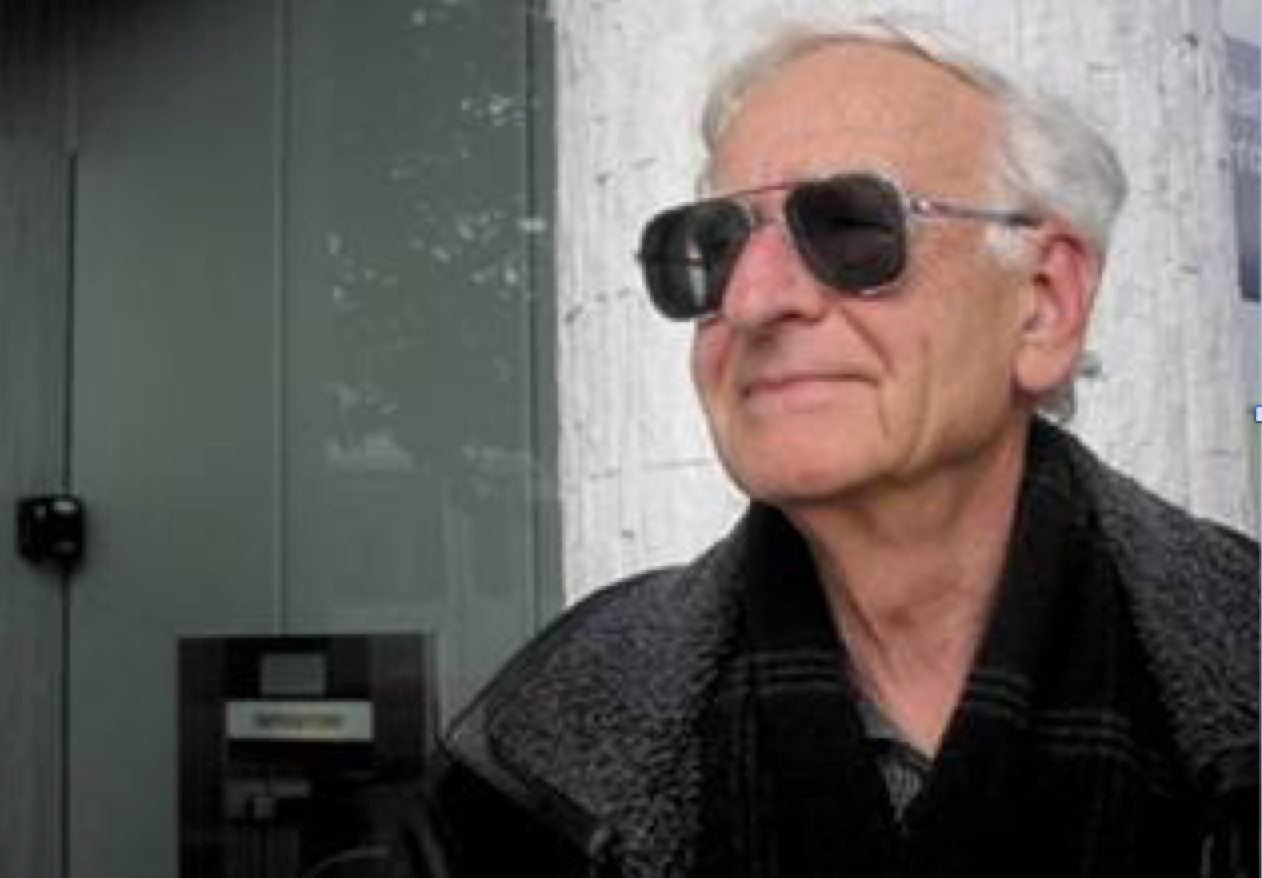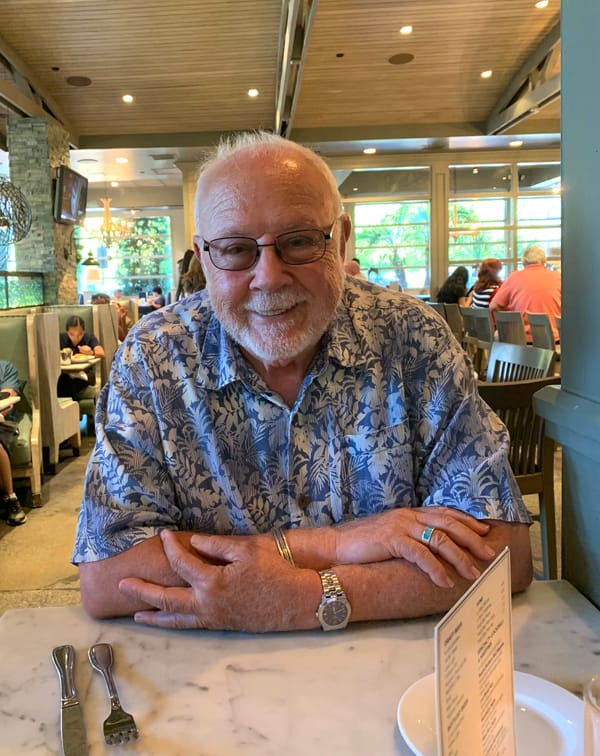Rhetoric | A Holocaust Survivor's Thoughts on America, Post-Trump
Fair comment (c) 2017 Vernon Miles Kerr
This is a copy of the second of two recent Sacramento Bee columns by my friend and former college writing professor, Manfred Wolf. He and I are currently collaborating on a screen adaptation of his book “Survival in Paradise: Sketches from a Refugee Life in Curacao.” (http://www.survivalinparadise.com)
My first draft of the screenplay is in the hands of the European producer Arry Voorsmit. (http://www.imdb.com/name/nm0903405/?ref_=nv_sr_1)
Dr.Wolf, Mr.Voorsmit and a team of collaborators, including professional screenwriter and university professor, Dr. Christopher Thornton, and Belgian film-industry consultant, Hugo Vercauteren, are in the process of tightening up the character arc of the main character—who is the young Manfred Wolf, during the flight from Nazi-occupied Holland mentioned in his Bee article, below.
Watch here, for future developments on “Survival in Paradise, the Movie.”
_____________________________________
A Holocaust survivor voices his fears and it’s not what you think
BY MANFRED WOLF
Special to The Bee
Although I’m not a Donald Trump supporter, I never thought that he would bring fascism to America, and I still don’t.

Manfred Wolf
Some of my friends say he will, he did, or he’s about to; but I think the implicit comparison to Europe in the 1930s does disservice to historical truth and to the memories of Holocaust survivors like myself.
I was 5 years old when the Nazis invaded the Netherlands in 1940, and I remember the absolute terror of that day the German occupiers marched in, and the day in 1942 when we fled the little town of Bilthoven – without permits, without documents, without more than a vague escape plan.
And months later when in the heart of France on a rainy night my parents, my brother and I, and a little band of refugees, fell repeatedly onto the wet ground when our “passeur,” our people smuggler, led us across the Demarcation Line, the border between Occupied and Unoccupied France. Each time we all lay on the ground, the hoarse barking of German guard dogs stopped. When we rose again and walked, the dogs barked furiously until the next time we flung ourselves down. This lasted all night.
Worse was to come for us, with an arrest by the collaborationist Vichy police a few months later.
I cannot imagine such scenes taking place here. Nor can I imagine in America what my parents often recounted: that during Hitler’s rise, many Germans quickly became ardent supporters of the tyrant.
So back to Trump. He may have vindictive impulses, but I don’t mistake an authoritarian streak for proto-fascism, nor do I confuse a bullying manner with a clear sign of dictatorial tendencies. Much more important, I think America, with its tradition of democracy, individualism and its rather good-natured, optimistic culture, is not fertile ground for fascism of the German or even Italian kind.
Europeans of that time had a respect for authority, an obedience to people in charge, that goes against the grain of American culture, which challenges authority, criticizes it, sues it, laughs at it, demonstrates against it. These American traits strike me as the best guarantor that It Will Not Happen Here.
In my time and place, obedience was almost unquestioned. I remember that my Dutch schoolbooks – which were the ones used in colonial Curacao, the Caribbean island where our flight ended – contained exotic stories of American kids challenging their teachers, something unheard of among my classmates and me.
But here’s what I do worry about. If President Trump’s plans for America fail to produce the desired results, if his many promises go unfulfilled; if, for instance, no coal-mining jobs come back, will his supporters turn against him – or, as is more likely, blame the “elites,” the “libs,” the mainstream media? Wouldn’t his supporters argue that these “enemies” have conjointly blocked Trump’s plans from being realized and that they didn’t let him do his job?
Such recriminations could thrive in a climate of resentment that may exceed even the political divide of the last few decades. As the German philosopher Friedrich Nietzsche noted, resentment is a powerful motive in human affairs. To have it as a permanent feature of our culture could bring about some of the hideous changes that happened in Europe in the ’30s.
At the very least, we might see a replay of the turmoil of the Weimar years – which preceded the fascist nightmare in Germany: a period of endless tensions, acrimony and fiercely fought culture wars. That poisonous cloud could itself be our fate and would be bad enough in a country that, I continue to feel, was meant for sunnier things.
Manfred Wolf is a retired professor at San Francisco State University and the author of “Survival in Paradise: Sketches from a Refugee Life in Curacao.” He can be contacted at mwolf7@juno.com
Original Article:
http://www.sacbee.com/opinion/california-forum/article137544833.html
